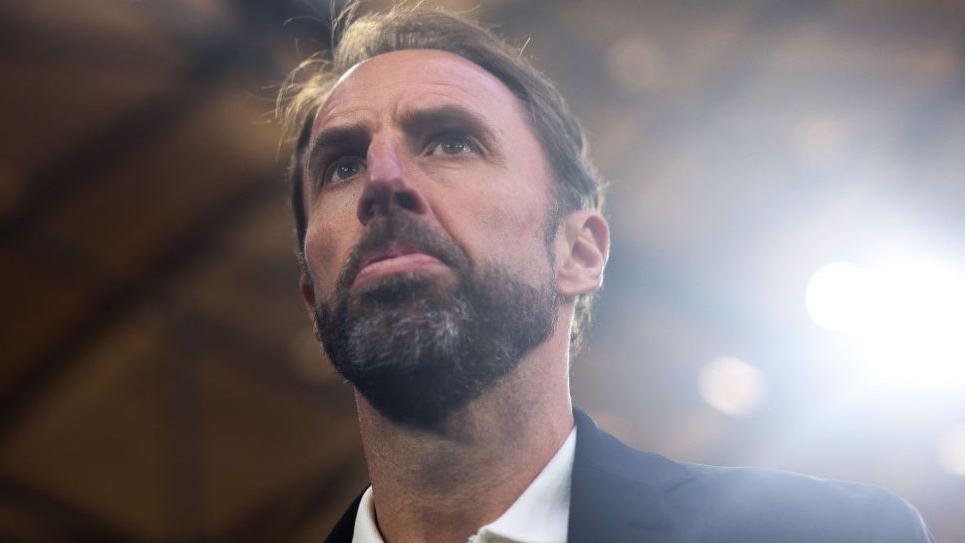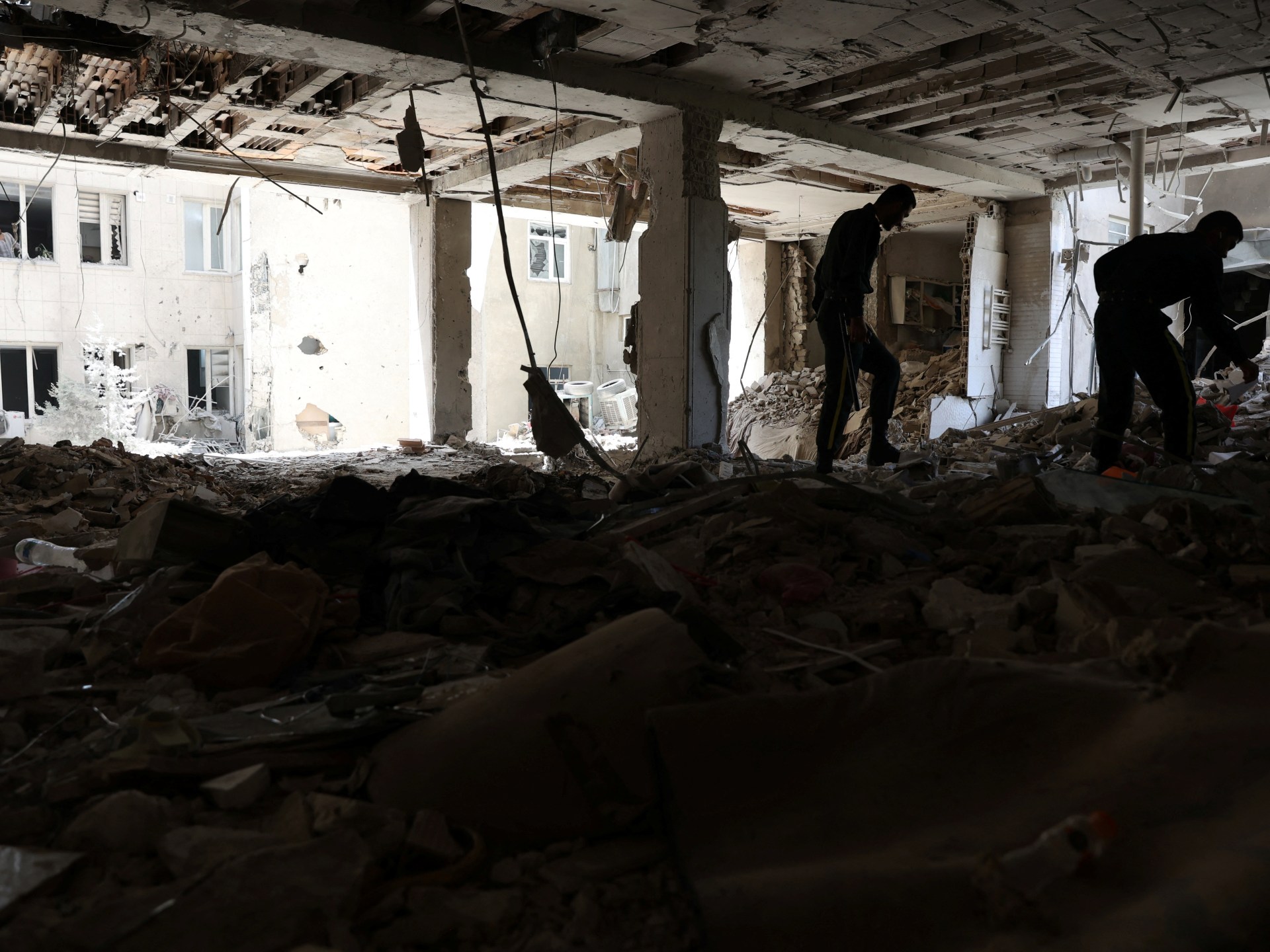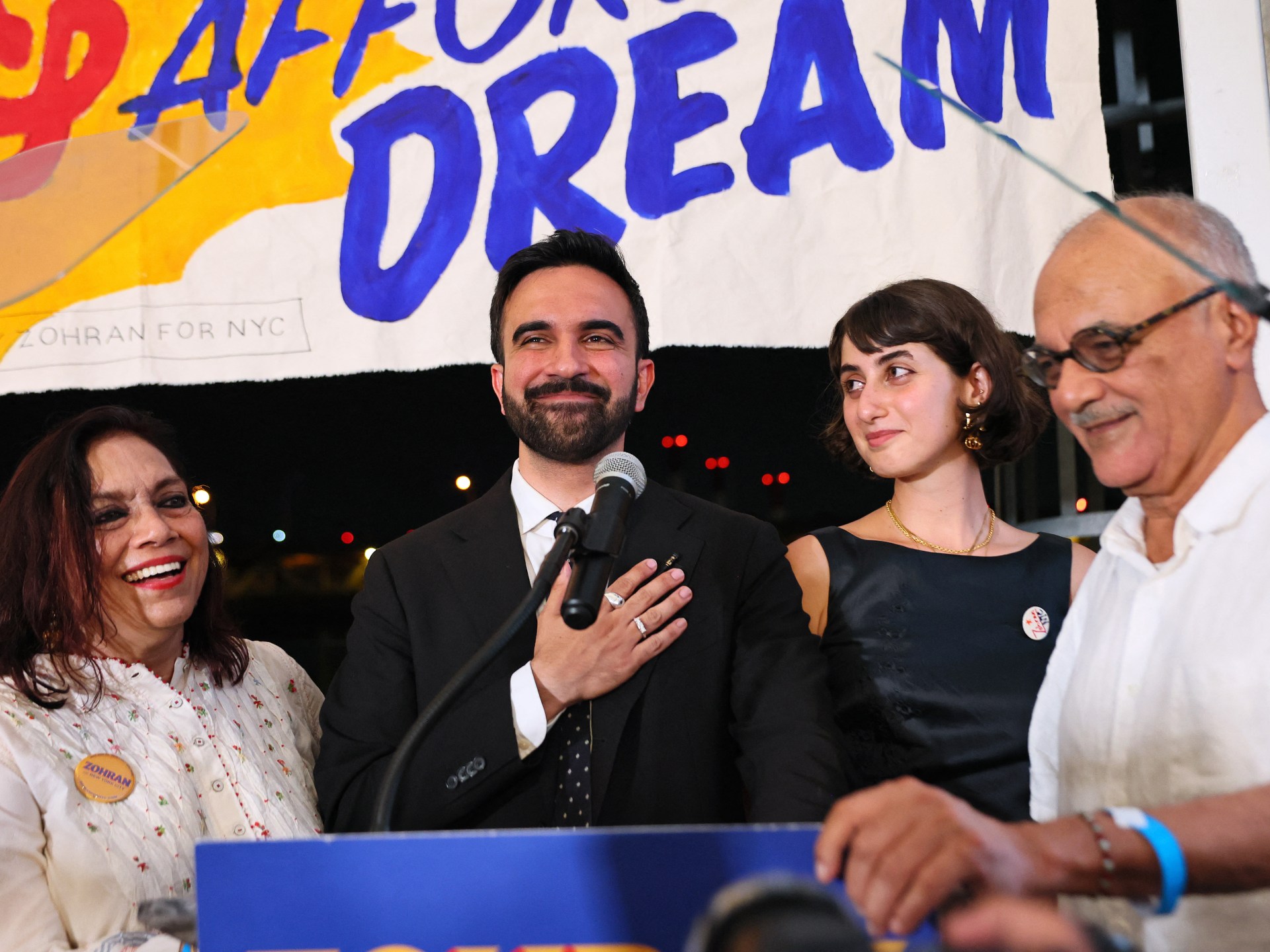- 254 Comments
Gareth Southgate added his name to an elite footballing list when the former England manager received his knighthood at Windsor Castle on Wednesday.
The 54-year-old, who stepped down from the England post after almost eight years following defeat by Spain in the Euro 2024 final, was awarded the honour for services to football.
Southgate’s influence, however, stretched beyond the field of play as he became one of football’s most respected figures.
He is only the seventh football manager to be given the honour.
Southgate joins the list of knights that also includes:
A nearly manager of a nearly team?
On the list of football manager knights, only Winterbottom and Southgate have not won a trophy in their managerial career.
Southgate fell short of being the winner England and the Football Association wanted as they tried to end a barren sequence for the men’s senior team stretching back to the 1966 World Cup triumph.
But along the way, Southgate did much to restore the image of his squad and the game.
England lost successive European Championship finals, to Spain in 2024 and to Italy at Wembley in 2021.
They were also beaten in a World Cup semi-final by Croatia in Moscow in 2018, meaning Southgate’s reign will ultimately be judged as that of a nearly manager of a nearly team.
This may be regarded as a harsh judgement, but reality shows that Southgate could not overcome the obstacles to that elusive England success with a richly talented squad, as well as in circumstances that favoured them, such as against Italy in a home final.
Legacies can be built on the finest of margins, and this was Southgate’s.
In the wider context, however, that record stands comparison to – and indeed improves upon – that of any of his predecessors following Sir Alf’s World Cup win.
The knighthood accolade is reward for the exemplary manner in which he served England and the Football Association on so many levels: as a distinguished full international, coach of the under-21s, then as senior team manager when he succeeded Sam Allardyce, who left after one game, in late 2016.
He inherited chaos and almost turned it into silver.
‘The perfect ambassador for England’
Southgate not only placed England back on what had become unfamiliar territory by leading them to the latter stages of showpiece tournaments, but he also lightened the load of a shirt that was too heavy for so many before he took charge.
He made players relish playing for England again, making a somewhat unloved national team popular once more, with the peak of that feelgood factor coming between the 2018 World Cup in Russia and the delayed Euro 2020 tournament, which was largely played at home.
Southgate established himself as a mature, measured and civilised leader, who had a hinterland that stretched beyond football, proving priceless in moments when diplomacy was required.
It meant Southgate was comfortable tacking thorny issues that arose during his tenure, such as racism. He stepped forward on a night of shame in Sofia in October 2019, when a Euro 2020 qualifier against Bulgaria, which England won 6-0, was stopped twice after Tyrone Mings and Raheem Sterling were the targets of racist abuse.
Southgate dealt with a hostile Bulgarian inquisition, making his point forcibly but always with the caution that England had problems of its own in this regard and should never believe it was something that only existed elsewhere.
He also accepted the LGBTQI+ community would feel “let down” when England backtracked on wearing the ‘OneLove’ armband at the Qatar World Cup after they were warned captain Harry Kane would receive a yellow card should he do so.

Southgate ‘made players and supporters dream again’
On the pitch, Southgate’s legacy will always be those agonising near misses, with the finger being pointed in his direction for conservative tactics, especially when early leads and domination ended with defeat to Croatia in the World Cup last four, as well as that defeat on penalties to Italy at Wembley.
For someone so often portrayed as “too nice” – something mistaken for his basic decency – Southgate showed steel as a player and again as a manager.
Even before he was appointed as the permanent manager, caretaker boss Southgate effectively signalled the end for Wayne Rooney’s England career by dropping the captain and record goalscorer for a World Cup qualifier in Slovenia before he was eased aside.
Sterling’s time with England ended after the 2022 World Cup, while Jack Grealish was cut from the Euro 2024 squad.
Southgate’s relationship with England’s supporters fluctuated, from the adulation between 2018 and 2021 to the toxicity of a night at Molineux in June 2022 when the personal abuse was such that it had a profound impact on the manager.
England’s Euro 2024 campaign, a somewhat joyless and mediocre affair in which much of the goodwill for Southgate had been diluted, also saw the manager pelted with empty beer cups and jeered by fans after a goalless draw with Slovenia in Cologne.
It was poor payback for what Southgate had given those England fans, only adding to the sense that this was an era drawing to a close, and perhaps the manager would not be sorry to see the back of it.
England flickered fitfully in Germany, reaching the final which ended in the familiar pain of defeat at Spain deservedly won 2-1.
It was a disappointing conclusion, making for a natural end to his time as England manager in which Southgate had made players and supporters dream again.
Once the short-term disappointment eased, it was only right that Southgate should be judged with total respect.
Related topics
- Football
- England Men’s Football Team




